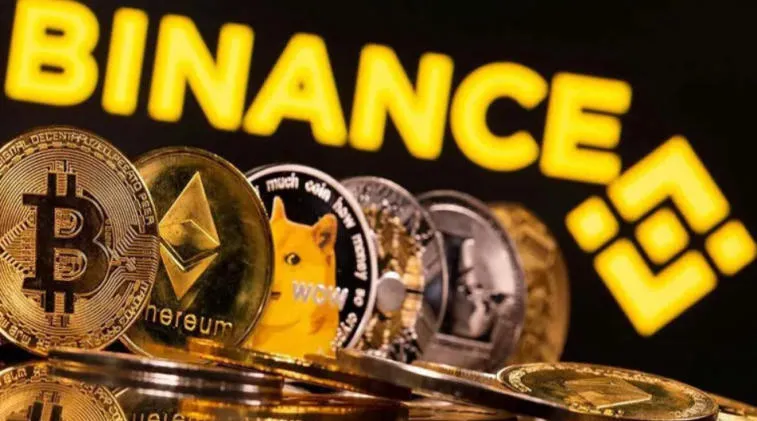Experts Distrust Mazars Binance Reserves Report
Mazars recently conducted an audit of Binance in order to close the issue of having a cash reserve in case of force majeure. After that, discussions appeared in the community, during which many experts were found who did not trust the audit.
The Wall Street also decided to conduct a study, according to which they will see the attitude of experts to the issue of Binance bitcoin reserves.
The audit firm Mazars’ report on Binance’s bitcoin reserves did not convince users of the safety of users’ assets on the platform. This was stated by experts interviewed by The Wall Street Journal.
Recall that on December 7, Binance published a letter in which they talked about the results of the audit conducted by Mazars. The latter, by the way, also conducted research with the company of former US President Donald Trump, and therefore their name had to say something to experts during the Binance audit. At least that’s what the representatives of the cryptocurrency exchange thought.
According to Mazars, during the audit, “wrapped” coins in the Bitcoin, Ethereum and Binance Smart Chain (BNB) networks were taken into account. For the analysis, only the main assets of the exchange were taken, without affecting the American division of Binance.
Former member of the Board of Financial Accounting Standards Hal Schroeder, who is part-time investment manager, spoke about the negative aspects in the Mazars reports. According to him, there is a gap in the reports of the audit company that does not give an accurate understanding of the quality of the internal control of the exchange, and it is difficult to understand from the report how accurate the accounting reports in Binance are:

We don't know how good Binance's asset liquidation systems are to cover any margin loans. And remember that in the US, even with good mechanisms in place, banks have sometimes been taken by surprise. In light of what we saw in the Bahamas, I don't want to conclude that all is well.
It is also worth noting that the corporate structure of the largest cryptocurrency exchange, Binance, does not have transparency. Patrick Hillman, the company's director of strategy, said the company is in a state of confusion over this and will be resolving the matter.
As for the audit of Mazars, in the case of the audit, there is one more thing that the experts do not like. Their letter was addressed to Binance Capital Management, which is registered in the British Virgin Islands. Binance management was unable to confirm that this particular company is the parent company and controls all of Binance's assets.
Douglas Carmichael, one of the professors at Baruch College and former chief auditor of PCAOB, also spoke about the imperfection of the audit. According to him, the analysis of the cryptocurrency exchange was not thorough enough and the written document does not meet all the requirements, and the very concept of an “audit” is rather a gross distortion of this term in the case of Binance.
Mazars summed up the results of the audit. According to them, the total controlled assets of the exchange is 597,602.29 BTC, the balance of net liabilities to users is 575,742.42 BTC, and the balance of fixed assets is 582,485.93 BTC.
In the case of comparing the volume of assets controlled by the exchange and net liabilities to users, it can be seen that the reserve is 101%. The difference between the total assets held and the balance of net liabilities to users is 21,860 BTC. This amount, according to Jessica Jung of Binance, consists of loans issued by the client in BTC secured by other assets.
John Reed Stark, President of John Reed Stark Consulting, said that his life experience speaks of alarm bells towards Binance:
The Binance “Proof of Reserves” report does not consider the effectiveness of internal financial controls, does not contain an opinion or conclusion about guarantees, and does not even vouch for the numbers. Having worked for more than 18 years in the SEC's enforcement division, I would call this a red flag.

Photo: Hugo Amaral/ SOPA Images/ LightRocket/ Getty Images
Binance decided to audit and be transparent about their reserves after the fall of FTX. Changpeng Zhao, the owner of Binance, decided to try to get it back due to customer distrust in cryptocurrency platforms, however, due to such an audit, many experts have more new questions than they have received answers.

Comments